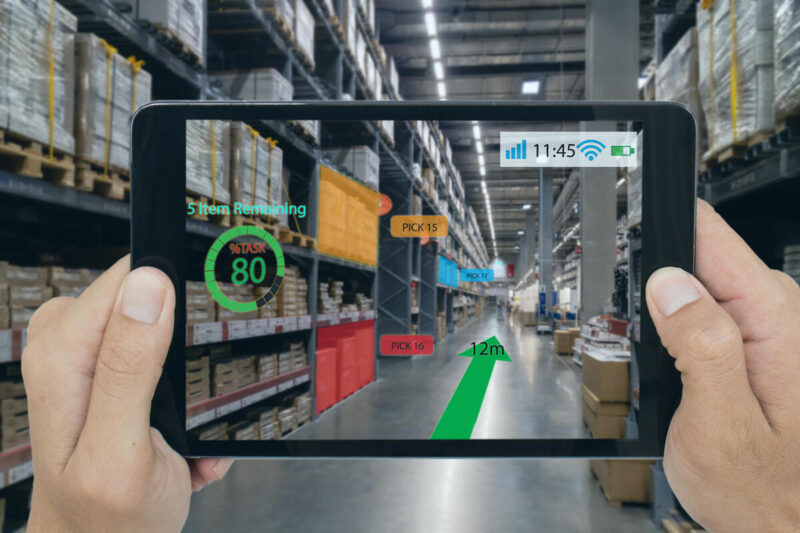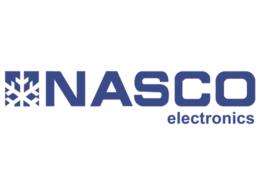In education, learning methods have remained almost completely constant throughout the years. But this is changing this century with the fourth revolution—technology.
Since the invention of the Internet, the younger generation doesn’t settle for more traditional learning methods.
Why spend three hours listening to the same teacher talking about history when you can watch a Youtube video with images and videos that are a lot more entertaining? Plus, we are in an era where you can get answers in seconds with a quick Google search. We grew up with instant gratification, which we expect in many aspects of life, including education.
The learning methods are moving more towards guiding the student on the right path. Because they don’t need to memorize things that a quick Google search will solve, they instead have to learn how to use technology to their advantage. Technology, like with every good thing, has a bad side. And if it isn’t used correctly can lead to wrong and false information.
The education industry is slowly transitioning to new classrooms, where collaboration and shared responsibilities are at the center. Teachers won’t be solely responsible for the students learning process. Students will be responsible for how much effort they put in, and everyone will participate in creating an environment that encourages learning.
Technologies That Will Be in the Spotlight
It is clear that the education industry will change forever, but what technologies will be the ones creating disruption? Not all technologies are needed to have a better learning experience, but here are a few that are already making an impact.
Virtual Reality and Augmented Reality

Virtual reality is when you completely immerse yourself in a virtual world. You see and hear things that are created digitally through a headset. Augmented reality is when you see virtual objects in a real setting. Like when you use your phone camera when playing Pokemon Go to see objects in the game. But the virtual objects don’t really interact with the real world. That happens only with mixed reality.
With mixed reality, a virtual object interacts with a real object or place. This is one of the most promising technologies in the education industry. There are already some AR and MR applications where students can learn new things with interactive features. For example, there are some chemical cards with augmented reality where students can see 3D representations of the molecules when they point the camera to each card.
Another application is the use of mixed reality for training in higher education. In medical schools, doctors in training can practice operations without risking anyone’s life or using real bodies. Software engineers are constantly working to make VR/AR/MR technology a common feature in every school, company, and household.
Artificial Intelligence
Artificial intelligence is one of the technologies with more potential. Data scientists, machine learning engineers, and software developers haven’t been able to reach a point where machines can think like humans. But, with the developments that they’ve accomplished now, it is enough to make a huge impact. In the education industry, it has become common to create more personalized experiences.
Many students choose to enroll in self-paced courses, and artificial intelligence can improve the experience by adapting to each user. For example, some courses use chatbots to answer simple questions and guide the student throughout the course. Duolingo is one of the most famous examples of AI in education.
The app for learning other languages can adapt and change lessons depending on each student’s learning pace. Overall, artificial intelligence will probably become an assistant in the learning process. Teachers will only serve as mentors, and technology will do everything else.
In Summary
Education, as most of us perceive it, will change forever. The most advanced institutions already introduced new technologies, but the changes will become mainstream worldwide. Learning methods will become more of a collaborative process, which is different from the approach we were used to where the teacher was the sole responsible for the learning process.
Some of the technologies that will make the changes possible are VR, AR, MR, and artificial intelligence. VR, AR, and MR will make the classroom more interactive and introduce tech devices in the mix. Artificial intelligence will allow transitioning into a learning experience where the student is responsible for its own education.









Join our Channel...